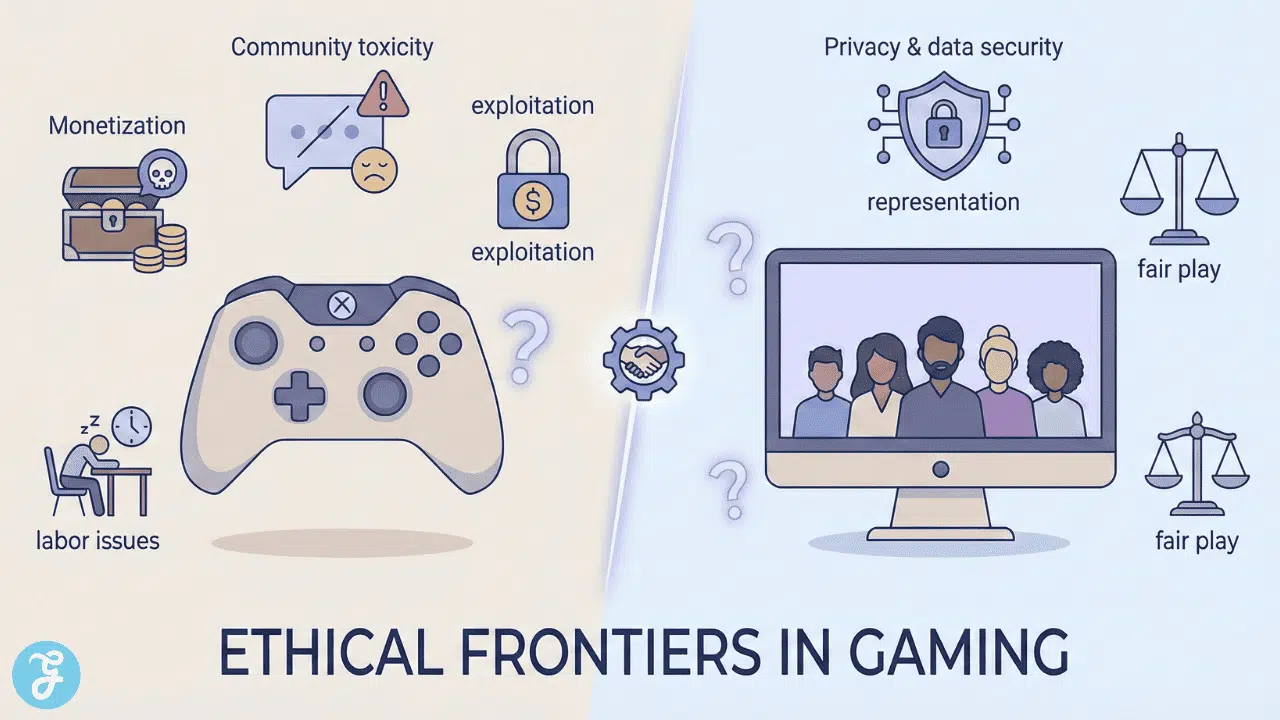College life is a whirlwind, isn’t it? Between juggling classes, trying to get decent sleep, squeezing in social time, and maybe holding down a job, it can feel like you’re spinning plates just to keep everything up. And then there’s money. Ah, yes, money. That is a constant source of stress and worry for so many students. How do you manage your work, your studies, and your finances without losing your mind? Spoiler alert: it’s totally possible, and you’re about to get some real, practical tips on how to do just that.
Make a Budget That Actually Works
First things first, you’ve got to know where your money’s coming from and where it’s going. Sounds basic, right? But you’d be surprised how many students either wing it or avoid budgeting altogether. Don’t be that person. Sit down and figure out your monthly income, whether it’s from a part-time job, scholarships, parents, or whatever else.
Now, list out your expenses. We’re talking tuition, books, rent or dorm fees, groceries, transportation, and yes, your coffee runs (they count!). The goal here isn’t to make a budget that feels like a cage but one that actually reflects your life. Use apps if that helps, or keep it old school with a notebook or spreadsheet. The key is to track your spending and adjust as you go.
Here’s a question for you: have you ever been surprised at how fast your money disappears? Budgeting can help with that. When you see it all laid out, it’s easier to make smarter decisions.
Know Your Education Financing Options — Don’t Get Caught Off Guard
Money for college rarely comes without strings attached. If you’re relying on loans, grants, scholarships, or help from family, it’s important to understand what that really means. Student loans can be confusing, fixed or variable interest rates, federal versus private loans, repayment plans, and grace periods can all feel overwhelming.
Before making any decisions, it’s worth taking some time to educate yourself. There are useful resources such as a detailed guide to student loans that explain how these loans work, the options available, and what to expect down the road. Being informed now can save you headaches later and help you borrow smarter.
Managing Your Time Is Just as Important as Managing Your Money
Balancing work and study isn’t just about finances; it’s about time. If you’re working 20 hours a week and taking a full course load, chances are good your time is stretched thin. Without a plan, things can spiral fast, missed assignments, skipped shifts, and stress that’s through the roof.
What’s the secret? Prioritize. Schedule study blocks around your work hours and vice versa. Use planners, calendars, or your phone’s reminder system to keep track. And here’s a pro tip: block off downtime, too. You need breaks to recharge or your productivity tanks.
Remember, it’s not about cramming every second with work or study. It’s about balance. Ever feel like your day slips away with nothing to show for it? Getting intentional with your time fixes that.
Work Smart, Not Just Hard
Okay, so you’ve got to work. But that doesn’t mean piling on more hours than you can handle. Instead, think about work that fits your schedule and supports your goals. Flexible part-time jobs, freelance gigs, or on-campus work-study programs can be lifesavers.
Sure, the extra cash helps. But if you’re working so much that your grades slip, it’s not worth it. What’s the point of earning money if it means you have to retake a class? Look for jobs that let you keep a good study-life balance.
Have you explored gigs like tutoring, campus tech support, or freelance writing? These can pay decently and usually come with more flexible hours than your typical retail job.
Cut Costs Where It Counts Without Feeling Deprived
Being a student on a budget doesn’t mean you have to give up everything fun. The trick is spending wisely. Buy used textbooks or rent them online instead of paying full price. Take advantage of student discounts — they’re everywhere, from software to food to entertainment.
Cooking at home or with friends instead of eating out saves a bundle. Public transit, biking, or walking can cut transportation costs while helping you stay active. Small swaps add up.
And here’s something to chew on: is it really worth buying the newest gadget or outfit right now? Sometimes the best financial move is to hit pause and save for a bigger goal.
Build Financial Habits That Set You Up for the Future
Your college years are a great time to build good money habits. Start by regularly reviewing your spending and tweaking your budget as you learn what works. Open a savings account, even if you only put in a few bucks a month, and treat it like a non-negotiable expense.
Understanding credit is also crucial. Student loans, credit cards, and other forms of borrowing all affect your credit score. A good score means better chances for lower interest rates on future loans, like car loans or a mortgage.
Keep your balances low, pay your obligations on time, and refrain from taking on extra debt.
Wouldn’t you rather graduate with a strong financial footing instead of struggling with bad habits?
Don’t Be Afraid to Ask for Help
College campuses usually have more financial resources than most students realize. You can get assistance with loans and scholarships from financial aid departments. Advisors and counselors can help with money management and budgeting. Speaking with someone might also have a significant impact if you’re feeling overwhelmed.
You can plan and remain on course with the aid of online resources and calculators. Whether it’s a student loan payoff calculator or a budgeting app, use what’s out there to your advantage.





































